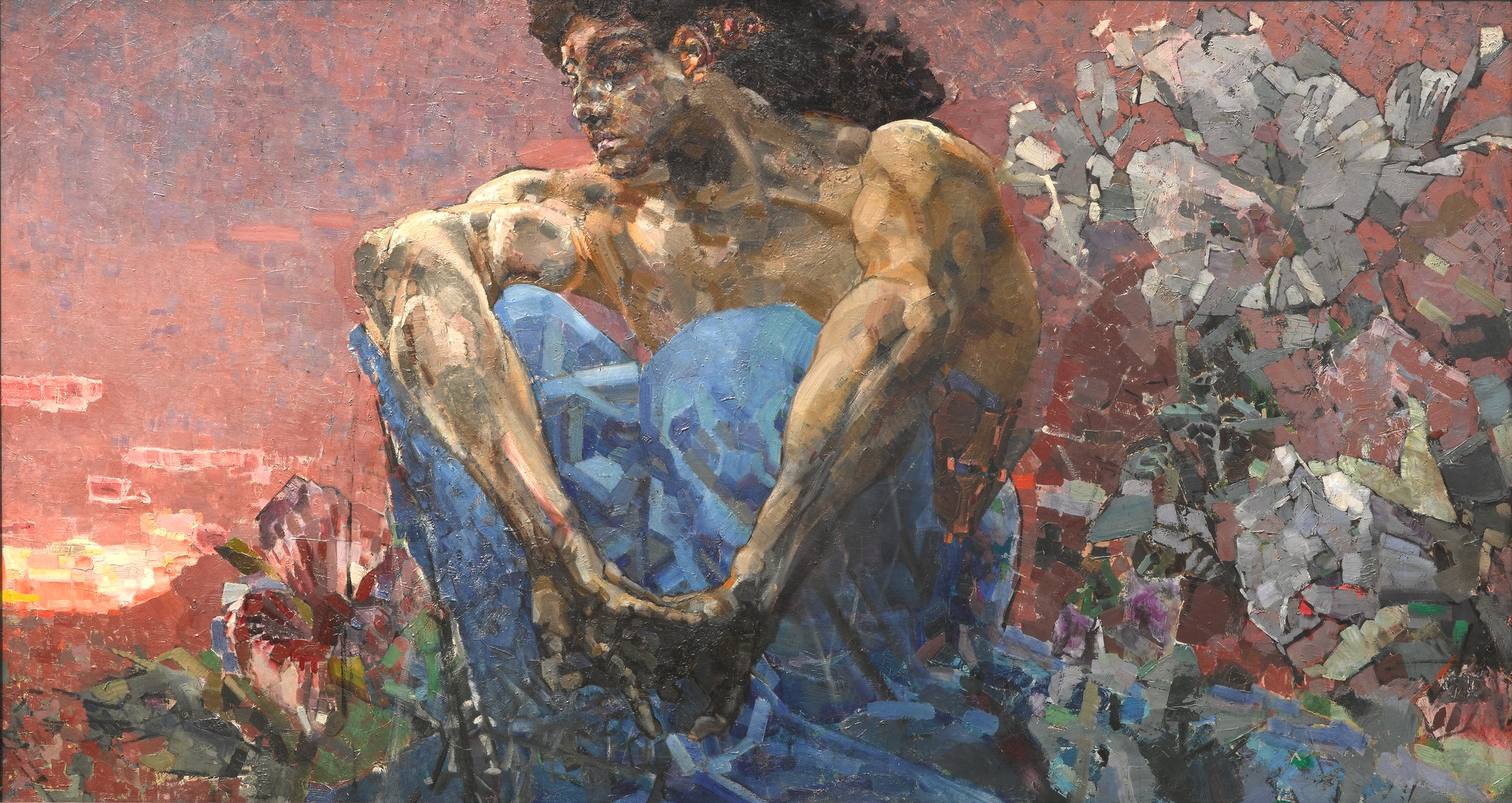Demon (poem) on:
[Wikipedia]
[Google]
[Amazon]
 ''Demon'' (russian: Демон, italic=yes) is a poem by
''Demon'' (russian: Демон, italic=yes) is a poem by
File:Kmakovs 107.jpg, Tamara and the Demon -
Mikhail Lermontov - The Demon
in English and Russian
Full English translation at Archive.org
*
Analysis of ''Demon'' at Russian Cinema
Analysis of ''Demon'' at Litra.ru
 ''Demon'' (russian: Демон, italic=yes) is a poem by
''Demon'' (russian: Демон, italic=yes) is a poem by Mikhail Lermontov
Mikhail Yuryevich Lermontov (; russian: Михаи́л Ю́рьевич Ле́рмонтов, p=mʲɪxɐˈil ˈjurʲjɪvʲɪtɕ ˈlʲɛrməntəf; – ) was a Russian Romantic writer, poet and painter, sometimes called "the poet of the Caucas ...
, written in several versions in the years 1829 to 1839. It is considered a masterpiece of European Romantic poetry
Romantic poetry is the poetry of the Romantic era, an artistic, literary, musical and intellectual movement that originated in Europe towards the end of the 18th century. It involved a reaction against prevailing Enlightenment ideas of the 18t ...
.
Lermontov began work on the poem when he was just 14 or 15, but completed it only during his Caucasus
The Caucasus () or Caucasia (), is a region between the Black Sea and the Caspian Sea, mainly comprising Armenia, Azerbaijan, Georgia (country), Georgia, and parts of Southern Russia. The Caucasus Mountains, including the Greater Caucasus range ...
exile. Lermontov wrote six major variations of the poem, and the final version was not published until 1842, after his death.
The poem is set in Lermontov's beloved Caucasus Mountains
The Caucasus Mountains,
: pronounced
* hy, Կովկասյան լեռներ,
: pronounced
* az, Qafqaz dağları, pronounced
* rus, Кавка́зские го́ры, Kavkázskiye góry, kɐfˈkasːkʲɪje ˈɡorɨ
* tr, Kafkas Dağla ...
. It opens with the eponymous protagonist wandering the earth, hopeless and troubled. He dwells in infinite isolation, his immortality and unlimited power a worthless burden. Then he spies the beautiful Georgian Princess Tamara, dancing for her wedding, and in the desert of his soul wells an indescribable emotion.
The Demon, acting as a brutal and powerful tyrant
A tyrant (), in the modern English usage of the word, is an absolute ruler who is unrestrained by law, or one who has usurped a legitimate ruler's sovereignty. Often portrayed as cruel, tyrants may defend their positions by resorting to re ...
, destroys his rival: at his instigation, robbers come to despoil the wedding and kill Tamara's betrothed. The Demon courts Tamara, and Tamara knows fear, yet in him she sees not a demon nor an angel but a tortured soul. Eventually she yields to his embrace, but his kiss is fatal. And though she is taken to Heaven, the Demon is left again "Alone in all the universe, Abandoned, without love or hope!...".
Gallery
Konstantin Makovsky
Konstantin Yegorovich Makovsky (russian: Константи́н Его́рович Мако́вский; (20 June o.c.) 2 July n.c. 1839 – 17 o.c. (30 n.c.) September 1915) was an influential Russian painter, affiliated with the " Peredvizhnik ...
, 1889
File:Tamaraydemon.jpg, Tamara and the Demon - Mikhail Vrubel
Mikhail Aleksandrovich Vrubel (russian: Михаил Александрович Врубель; March 17, 1856 – April 14, 1910, all n.s.) was a Russian painter, draughtsman, and sculptor. A prolific and innovative master in various med ...
, 1890
See also
* '' The Demon'', an opera byAnton Rubinstein
Anton Grigoryevich Rubinstein ( rus, Антон Григорьевич Рубинштейн, r=Anton Grigor'evič Rubinštejn; ) was a Russian pianist, composer and conductor who became a pivotal figure in Russian culture when he founded the Sa ...
based on the poem
References
External links
Mikhail Lermontov - The Demon
in English and Russian
Full English translation at Archive.org
*
Analysis of ''Demon'' at Russian Cinema
Analysis of ''Demon'' at Litra.ru
Further reading
* {{Authority control Poetry by Mikhail Lermontov 1842 poems